Related Research Articles
Ennio Morricone was an Italian composer, orchestrator, conductor, trumpeter, and pianist who wrote music in a wide range of styles. With more than 400 scores for cinema and television, as well as more than 100 classical works, Morricone is widely considered one of the most prolific and greatest film composers of all time. He has received numerous accolades including two Academy Awards, three Grammy Awards, three Golden Globes, six BAFTAs, ten David di Donatello, eleven Nastro d'Argento, two European Film Awards, the Golden Lion Honorary Award, and the Polar Music Prize in 2010.

The Battle of the Somme, also known as the Somme offensive, was a battle of the First World War fought by the armies of the British Empire and the French Third Republic against the German Empire. It took place between 1 July and 18 November 1916 on both sides of the upper reaches of the river Somme in France. The battle was intended to hasten a victory for the Allies. More than three million men fought in the battle, of whom one million were either wounded or killed, making it one of the deadliest battles in all of human history.
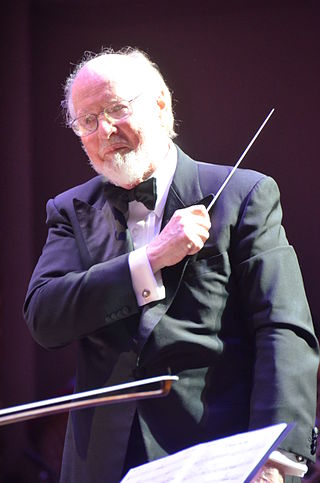
John Towner Williams is an American composer, conductor, and pianist. In a career that has spanned seven decades, he has composed some of the most popular, recognizable and critically acclaimed film scores in cinema history. Williams has won 25 Grammy Awards, five Academy Awards, seven British Academy Film Awards, and four Golden Globe Awards. With 53 Academy Award nominations, he is the second most-nominated individual, after only Walt Disney. His compositions are considered the epitome of film music, and he is considered among the greatest composers in the history of cinema. Williams has composed many of his film scoring works for frequent collaborators Steven Spielberg and George Lucas, and other directors such as Chris Columbus, Oliver Stone, Richard Donner, Irvin Kershner, Sydney Pollack, Alfred Hitchcock, Mark Rydell, Mark Robson, Jean-Jacques Annaud, Robert Altman, and J. J. Abrams. He has a very distinct and recognizable sound that mixes romanticism, impressionism and atonal music with complex orchestration.

Hans Florian Zimmer is a German film score composer and music producer. He has won two Oscars and four Grammys, and has been nominated for three Emmys and a Tony. Zimmer was also named on the list of Top 100 Living Geniuses, published by The Daily Telegraph in 2007.
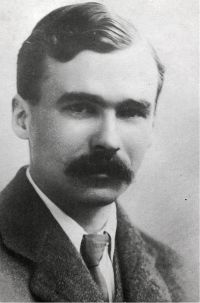
George Sainton Kaye Butterworth, MC was an English composer who was best known for the orchestral idyll The Banks of Green Willow and his song settings of A. E. Housman's poems from A Shropshire Lad.

A film score is original music written specifically to accompany a film. The score comprises a number of orchestral, instrumental, or choral pieces called cues, which are timed to begin and end at specific points during the film in order to enhance the dramatic narrative and the emotional impact of the scene in question. Scores are written by one or more composers under the guidance of or in collaboration with the film's director or producer and are then most often performed by an ensemble of musicians – usually including an orchestra or band, instrumental soloists, and choir or vocalists – known as playback singers – and recorded by a sound engineer. The term is less frequently applied to music written for media such as live theatre, television and radio programs, and video games, and said music is typically referred to as either the soundtrack or incidental music.
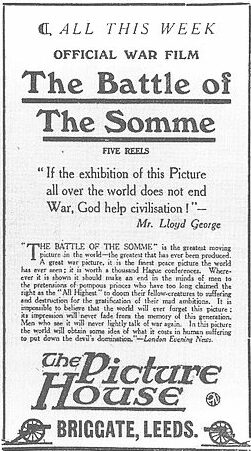
The Battle of the Somme, is a 1916 British documentary and propaganda war film, shot by two official cinematographers, Geoffrey Malins and John McDowell. The film depicts the British Expeditionary Force in the preliminaries and early days of the Battle of the Somme. The film premièred in London on 10 August 1916 and was released generally on 21 August. The film depicts trench warfare, marching infantry, artillery firing on German positions, British troops waiting to attack on 1 July, treatment of wounded British and German soldiers, British and German dead and captured German equipment and positions. A scene during which British troops crouch in a ditch then "go over the top" was staged for the camera behind the lines.

James Roy Horner was an American composer of film scores. He worked on over 160 film and television productions between 1978 and 2015, and was the winner of two Academy Awards, among many other accolades. He was known for the integration of choral and electronic elements alongside traditional orchestrations, and for his use of motifs associated with Celtic music.
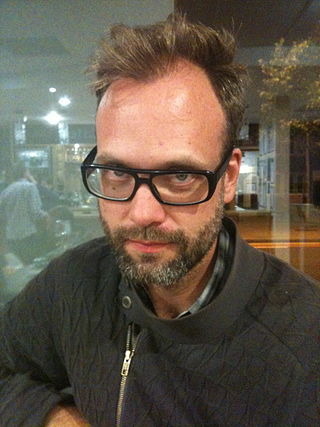
Joby Talbot is a British composer. He has written for a wide variety of purposes and an accordingly broad range of styles, including instrumental and vocal concert music, film and television scores, pop arrangements and works for dance. He is therefore known to sometimes disparate audiences for quite different works.
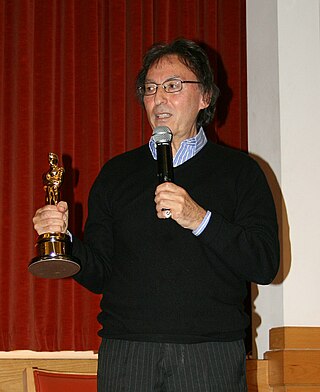
Donald Blackstone known by pen name Don Black is an English lyricist. His works have included numerous musicals, movie, television themes and hit songs. He has provided lyrics for John Barry, Charles Strouse, Matt Monro, Andrew Lloyd Webber, Quincy Jones, Hoyt Curtin, Lulu, Jule Styne, Henry Mancini, Meat Loaf, Michael Jackson, Elmer Bernstein, Michel Legrand, Hayley Westenra, A. R. Rahman, Marvin Hamlisch and Debbie Wiseman.

Anthony Rossomando is an Oscar, Grammy, and Golden Globe-winning songwriter.
Howard David Blake is an English composer, conductor, and pianist whose career has spanned more than 50 years and produced more than 650 works. Blake's most successful work is his soundtrack for Channel 4’s 1982 film The Snowman, which includes the song "Walking in the Air". He is increasingly recognised for his classical works including concertos, oratorios, ballets, operas and many instrumental pieces.
The Suffolk Youth Orchestra (SYO) is a symphony orchestra of over 90 players, all aged between 13 and 21 years. It is part of Suffolk County Council's programme of youth music.

Neil Brand is an English dramatist, composer and author. In addition to being a regular silent film accompanist at London's National Film Theatre, Brand has composed new scores for two restored films from the 1920s, The Wrecker and Anthony Asquith's Underground.
This is a summary of 2006 in music in the United Kingdom.
The historic county of Sussex in southern England has a rich musical heritage that encompasses the genres of folk, classical and rock and popular music amongst others. With the unbroken survival of its indigenous music, Sussex was at the forefront of the English folk music revivals of the 19th and 20th centuries. Many classical composers have found inspiration in Sussex, and the county continues to have a thriving musical scene across the musical genres. In Sussex by the Sea, the county has its own unofficial anthem.

Song for Marion is a 2012 British-German comedy-drama film written and directed by Paul Andrew Williams and starring Terence Stamp, Gemma Arterton, Christopher Eccleston and Vanessa Redgrave. The film was released as Unfinished Song in the United States.
Sir William Frederick Jury was an influential film businessman in Britain. He led Jury Imperial Pictures, a British film production company during the silent film era. The company was a leading renter of films and contracted to distribute official British films. It was also a distributor of American films and was active in British colonies. Jury was also involved in distributing propaganda films for the British government. In 1914, he corresponded with William N. Selig.

The Artist (Original Motion Picture Soundtrack) is the soundtrack album to the 2011 French comedy-drama film of the same name directed by Michel Hazanavicius, and stars Jean Dujardin and Bérénice Bejo in the lead. The film features original score composed by Ludovic Bource, Michel's norm collaborator, and the album consists of 24 tracks of Bource's score, which also incorporates works from other composers such as Alberto Ginastera's "Estancia".
George Archibald Forlong Jacob was an English arranger, composer and author, older brother of the composer and orchestrator Gordon Jacob.
References
- ↑ "Laura Rossi". Free The Bid. Retrieved 21 December 2018.
- ↑ "Arcade Fire, M83, Mike Patton Land on Oscars 2014 Best Original Score Short List". Spin. 13 December 2013. Retrieved 21 December 2018.
- ↑ Lattanzio, Ryan (13 December 2013). "114 Films Eligible for Best Original Score Oscar". IndieWire. Retrieved 21 December 2018.
- ↑ "Muzyka ze 114 filmów walczy o Oscara. Jest szansa dla Polaka (i to dwa razy)". archiwum.stopklatka.pl (in Polish). Retrieved 21 December 2018.
- ↑ "'Battle of the Ancre' film in Bristol for Armistice Centenary". www.centenarynews.com. Retrieved 21 December 2018.